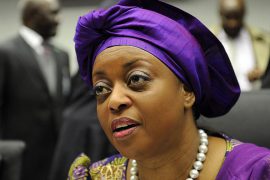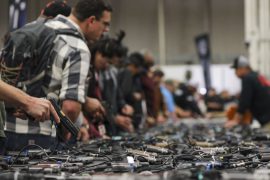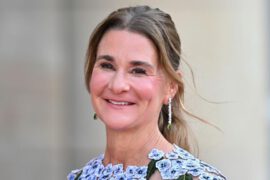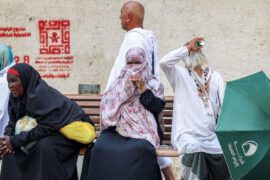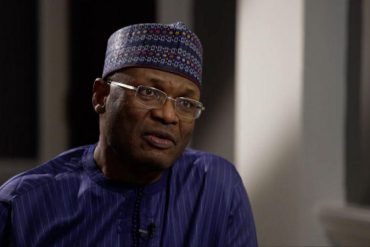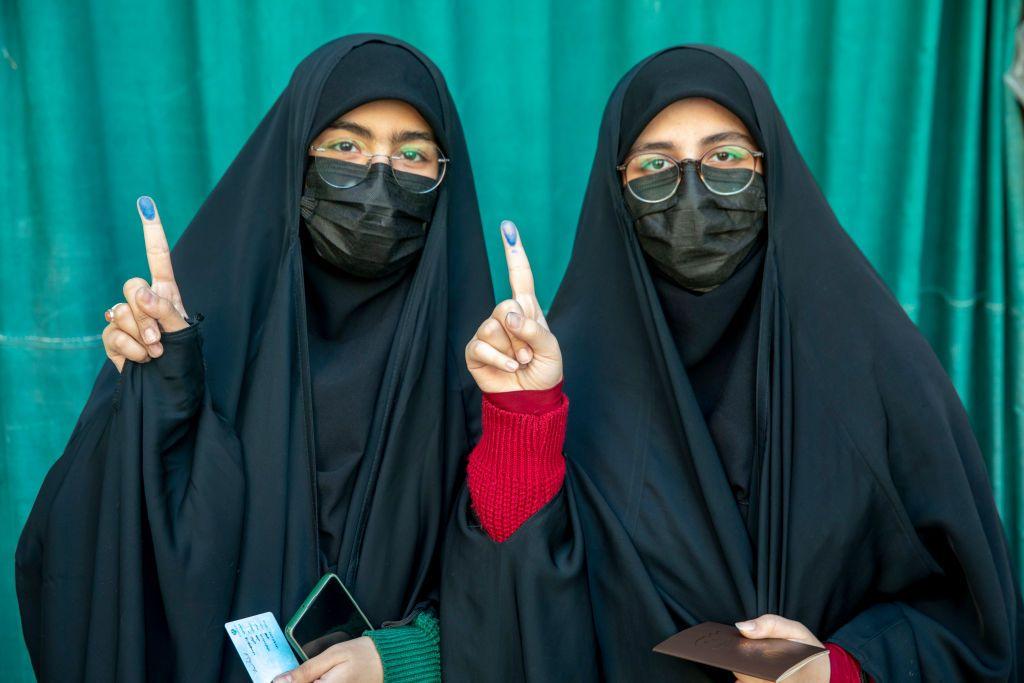
On 28 June, Iran go hold dia presidential elections. Di elections dey come a year earlier dan expected sake of di death of President Ebrahim Raisi wey die for helicopter crash for May.
One hard-line cleric and close ally of Iran Supreme Leader Ayatollah Ali Khamenei Raisi election bin consolidate di control of conservatives ova evri part of di Islamic Republic.
According to Iran constitution, election to choose a new president gatz dey within 50 days wey di president die, leaving just a short period for parties to officially announce dia candidates.
Among di all-powerful conservatives, candidates dey stand from various factions.
Sake of widespread disqualifications in earlier parliamentary elections, and di aggressive crackdown of di Republic on recent protests and protesters.
Many prominent reformist groups and figures don announce say dem no go participate.
Who dey run?
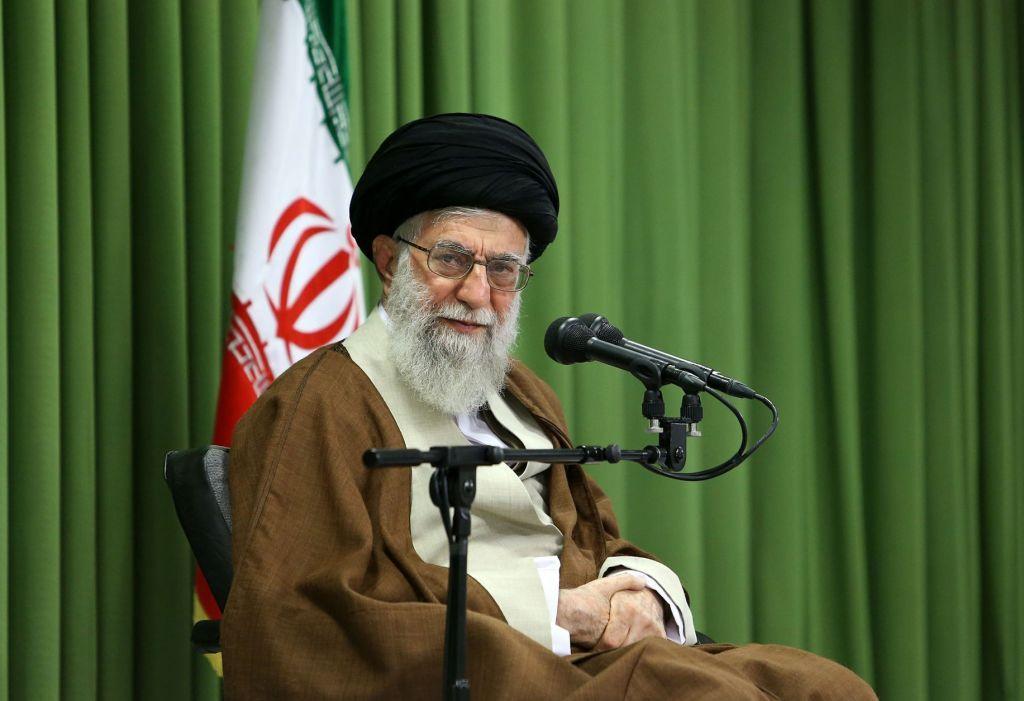
Many observers consider Iran elections say e no dey free or competitive due to di fact say e get excessive influence of powerful institutions for di candidate-approval process.
Di Guardian Council, wey dey play a decisive role for Iranian politics by filtering candidates for elections to di parliament, di presidency, and di Assembly of Experts, don approve di eligibility of six out of di 80 individuals wey don register to run for president.
- Tears flow freely as Iran bury late president Ebrahim Raisi wey die for helicopter crash
- Who dey in charge for Iran?
- Who be Ebrahim Raisi di Iran President wey die for helicopter crash
1. Mohammad Bagher Ghalibaf, 62, don serve as di Speaker of Iran parliament for di past four years. Im don run for president three times, losing twice and withdrawing in favour of Raisi for 2021. Im get a long history in high-ranking military positions and hold di record for di longest tenure as mayor of di capital, Tehran, afta serving for 12 years.
2. Amirhossein Ghazizadeh Hashemi, 53, na ENT (Ear, Nose & Throat) surgeon. Na Iranian conservative wey don serve four terms as member of parliament. Most recently im serve as President Raisi deputy. Im bin run for di 2021 presidential election and finish fourth, wit less dan one million votes – for a contest wey see nearly four million invalid votes.
3. Saeed Jalili, 58, na member of di Expediency Discernment Council. Im be previously Secretary of di Supreme National Security Council and lead Iran nuclear negotiation team for four years. Im don run for president twice previously, withdrawing in favour of Ebrahim Raisi for di 2021 election.
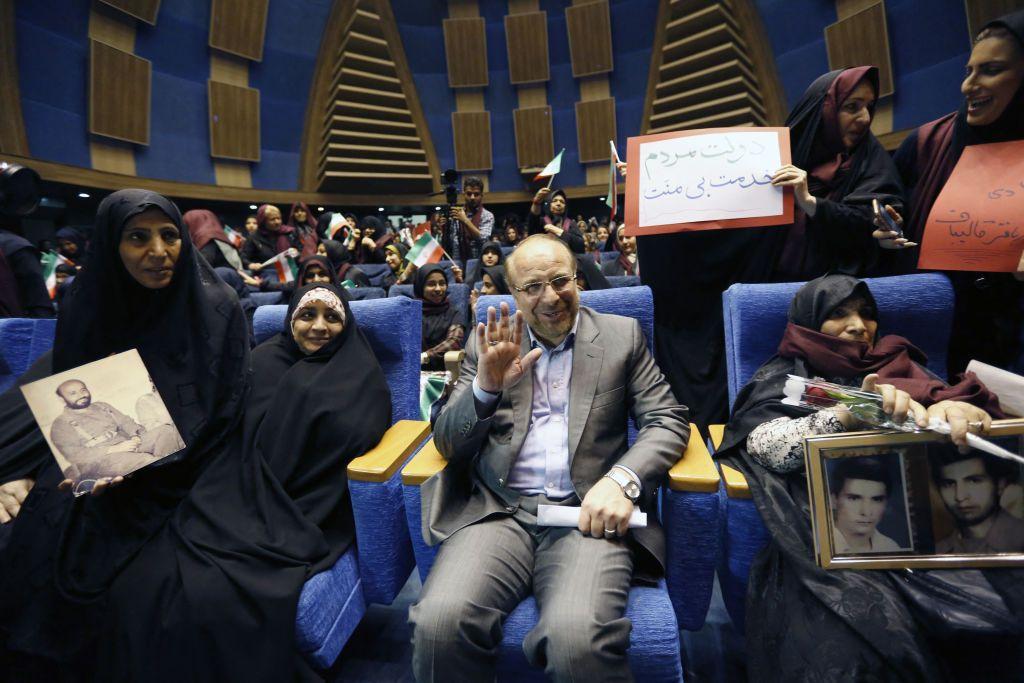
4. Masoud Pezeshkian, 70, na heart surgery specialist. Im don serve five terms as a member of parliament, and na Minister of Health for four years. Im dey known for im bluntness, im don openly criticise di political atmosphere and corruption for Iran. Im publicly question di Iranian goment as dem handle di death of Mahsa Amini in police custody for 2022.
Im dey considered as di only official candidate from di reformist faction for dis presidential election, leading some to view Pezeshkian approval as a candidate for president as a notable development.
5. Mostafa Pourmohammadi, 65, na di only cleric among di six candidates wey dey approved by di Guardian Council. A conservative politician widely known for im role in di so-called ‘Death Committee’, wey oversee di execution of political prisoners in 1988 and di late President Raisi dey among.
6. Alireza Zakani, 59, na di mayor of Tehran for di past three years. Di conservative politician enta politics through di Basij, a subsidiary of di Revolutionary Guards, and im don serve four terms as member of parliament.
Which big names dey rejected?
Not for di first time, di disqualification of some well-known political figures wey previously hold significant posts for di Islamic Republic na hot topic for Iranian political circles.
Iran expert Mehrzad Boroujerdi, Dean of di College of Arts, Sciences and Education for Missouri University of Science and Technology, say di exclusion of former President Mahmoud Ahmadinejad and Ali Larijani, former Speaker, stand out as particularly controversial.
“Despite Ahmadinejad eight-year tenure as president, and im current position on di Expediency Council – an influential advisory bodi to di Supreme Leader – im no dey approved.
Although Ahmadinejad dey considered as favourite of Ayatollah Khamenei, im fall out of favour wit di Supreme Leader toward di end of im second term.
“Similarly, Ali Larijani, anoda Expediency Council member wit a significant political background as former minister, Speaker of parliament, and secretary of di Supreme National Security Council, also dey disqualified,” Mr Boroujerdi tok.
“Dia repeated disqualifications suggest say dia brand of conservatism no longer dey favoured by di Supreme Leader and di Guardian Council”.
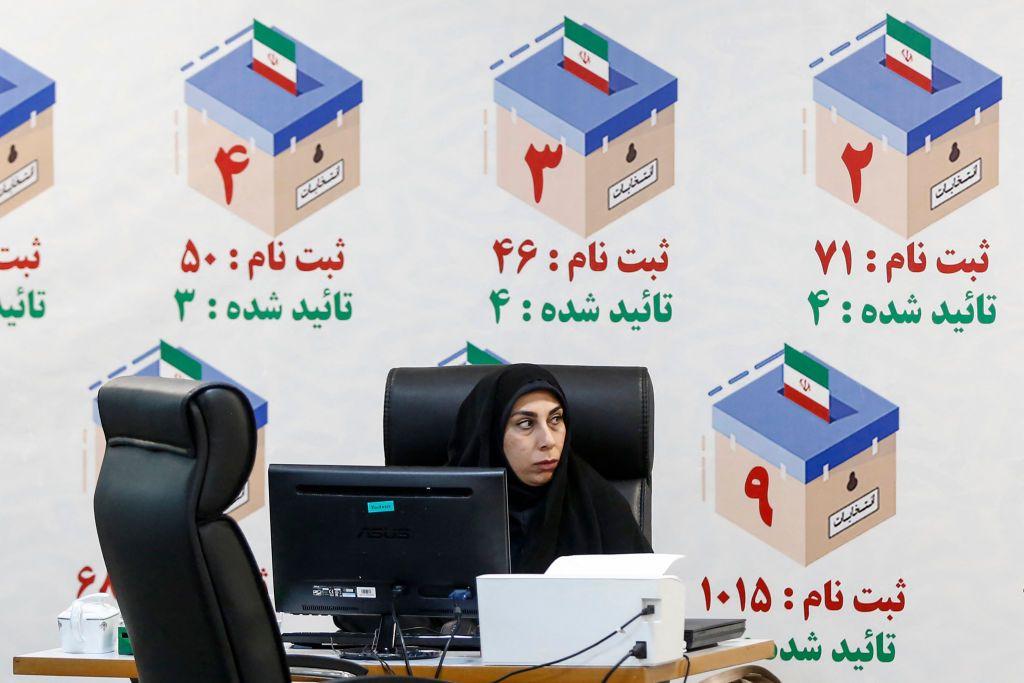
And why?
Many experts see no change from previous elections for di Guardian Council approach to dis presidential poll.
Di Council typically approve one or two names from di reformist-moderate camp, wit di majority from di conservative camp.
“Di sole candidate from di moderate camp na Masoud Pezeshkian, wey im primary challenge na to motivate a disillusioned public to vote,” Mr Boroujerdi explain.
“If successful, di main competition dey expected to be between im and Mohammad Baqer Qalibaf, di current Speaker of parliament and a prominent political figure favoured by di regime”.
According to Iran constitution, presidential candidates gatz dey “religious and political figures of Iranian origin” and adhere to di principles of di Islamic Republic and di kontri official religion.
However, for di several decades since di establishment of di Islamic Republic, di goment don repeatedly use di Guardian Council to disqualify individuals wey dia potential actions or policies fit diverge from dose of di Supreme Leader.
Di Council, comprising six clerics and six jurists, dey directly, and indirectly, controlled by di Supreme Leader wey personally appoint di six clerics. For di selection of di six jurists, di head of di judiciary – wey also dey appointed by di Supreme Leader – present a list of selected candidates to parliament.
Observers wey describe Iran elections as “staged” point to di arbitrary nature of di candidate approval process.
Women dey allowed to stand?
During di five-day registration period, four women announce dia candidacy for di presidential race.
For di first time, two of dem come from di conservative faction; one na from di reformist camp, and di fourth register as independent candidate.
Diz four women register for di presidential candidacy in spite of di fact say, according to di constitution, di president gatz dey chosen from among “religious and political men” – based on traditional translations of di Arabic term ‘rijal’.
No woman dey approved to run in di 13 presidential elections wey don hold since di establishment of di Islamic Republic – a growing source of contention among activists.
Many women rights campaigners argue say while ‘rijal’ mean ‘men’ for Arabic, in Farsi e fit also mean ‘a prominent pesin’. Activists diafor contend say dose wey write di constitution bin intend “political figure” rather dan a specifically male personage.
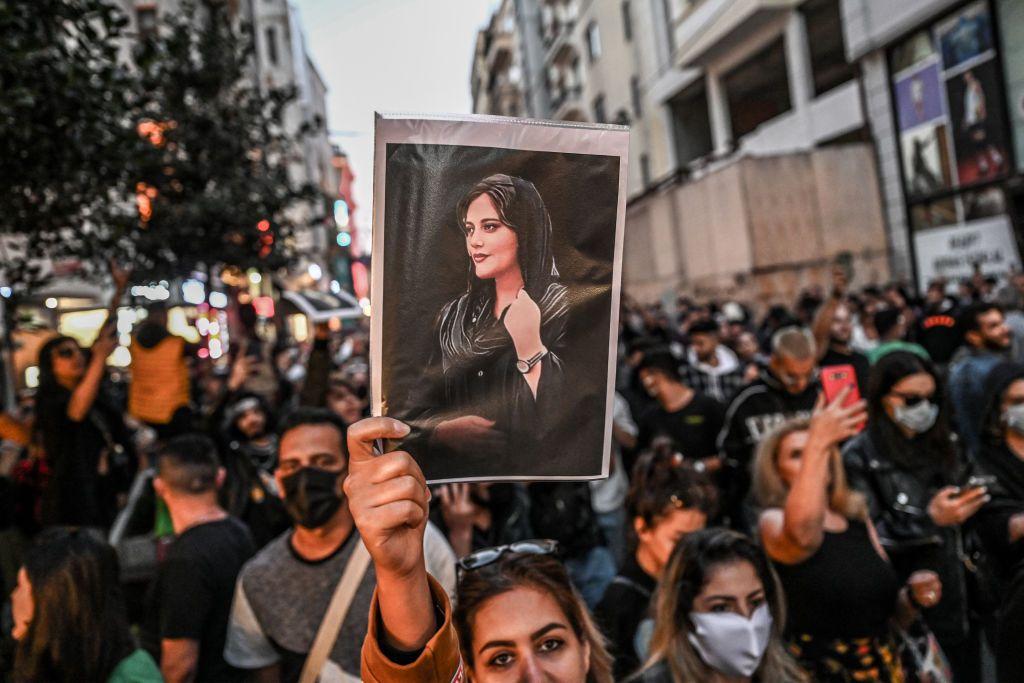
Shey recent protests go impact on election turnout?
Di current presidential election come nearly two years afta di widespread protests wey start in di wake of di death of Mahsa Amini for September 2022 while dem bin hold am in custody of Iran morality police.
As many as 551 protesters bin dey killed by security forces during Iran Woman, Life, Freedom movement – most of dem by gunfire, according to di United Nations.
No be only say Iranian goment fail to take responsibility for di severe crackdown, wey result in deaths of many protesters and widespread arrests, e also later resume di apprehension and punishment of women wey appear for public witout a goment-approved hijab – di alleged transgression wey dem originally detain Ms Amini for.
Di response of di Islamic Republic bin prompt many individuals and groups wey don previously participate in elections, wit di aim of reforming goment, to advocate boycotting any political participation whatsoever.
Dis political boycott dey borne out in di parliamentary elections, wey hold last month, wen – according to goment statistics – only 41% of eligible voters bin go to di polls: di lowest turnout since di establishment of di Islamic Republic.
Di goment voter-turnout figures necessarily no reflect reality. In di parliamentary and Assembly of Experts elections, wey allow electronic voting using national ID cards, e get numerous reports say votes dey cast using di ID numbers of individuals wey state say dem no participate.
Shey new president go bring change?
Experience suggest overall policies of di regime in Iran no dey determined by di president, but by di Supreme Leader and di powerful institutions under im control, so e dey unlikely say any significant change in domestic and foreign policies go dey witout Ayatollah Khamenei saying so.
Most observers believe say shift in foreign policy, such as reviewing Iran nuclear program or recognition of Israel by Iran, no dey within di gift of any new president alone – wit di Supreme Leader consistently asserting im influence and ultimate authority.
Similarly, e look unlikely say any president go dey able to make changes in domestic policy – such as di mandatory hijab for women – witout Khamenei sanctioning dem.
Moreover, bearing in mind di list of candidates approved by di Guardian Council, most dey unlikely to want to.
“Any decision di next president make na essentially decision di regime make,” political analyst Masoud Safiri tok.
Who dey pick di next Supreme Leader?
Shey di future of Iran dey in di hands of di new president?
Ayatollah Khamenei na 85 years old, so questions around im successor dey increasingly relevant.
According to Iran constitution, di Assembly of Experts dey responsible for selecting di Supreme Leader.
Yet while, officially at least, di president no get role in choosing di successor – during di period of instability following di Supreme Leader death, di president get many opportunities to influence di political stage.
Ultimately, however, e dey clear say di president authority ova di past four decades neva match di responsibilities assigned to am by di constitution.
“Ayatollah Khamenei don shape di leadership institution for Iran ova di past 35 years in such a way wey be say afta im death, regardless of who di president be, dis institution go dey able to run di kontri im own way,” Mr Safiri tok.
“E go dey similar to di communist parties for di Eastern Bloc.”

